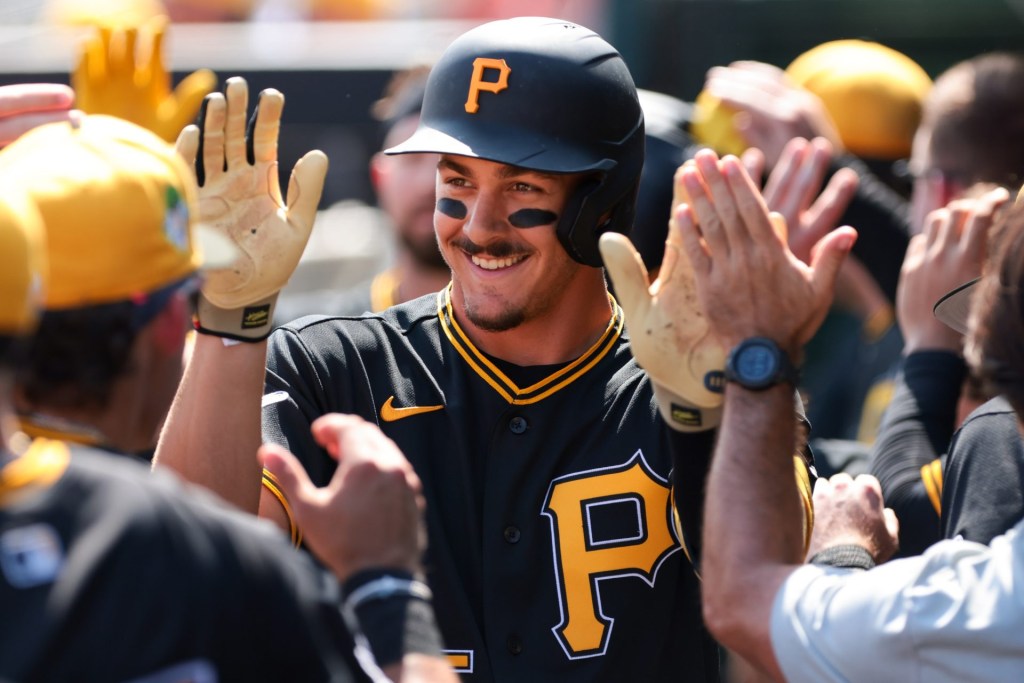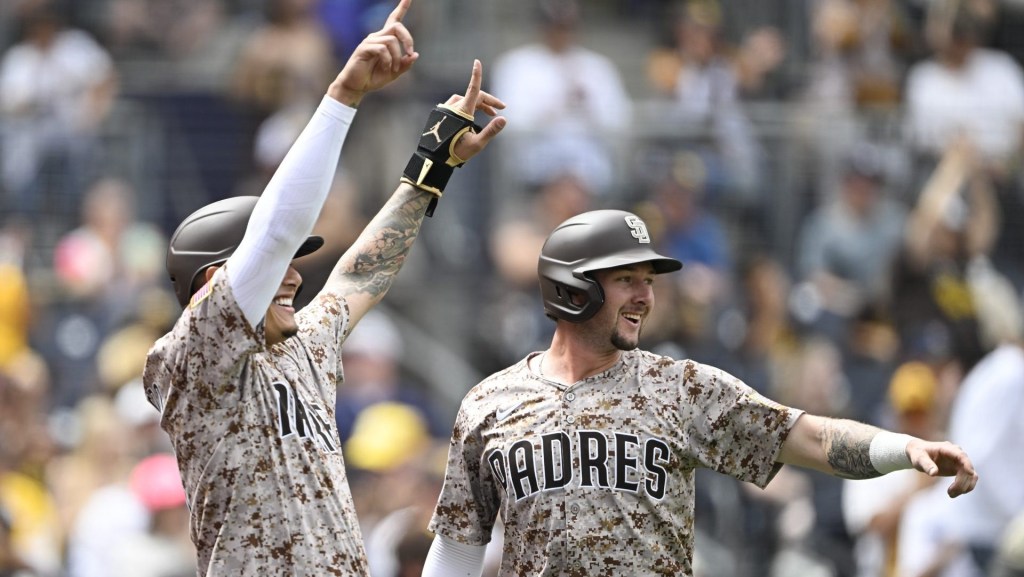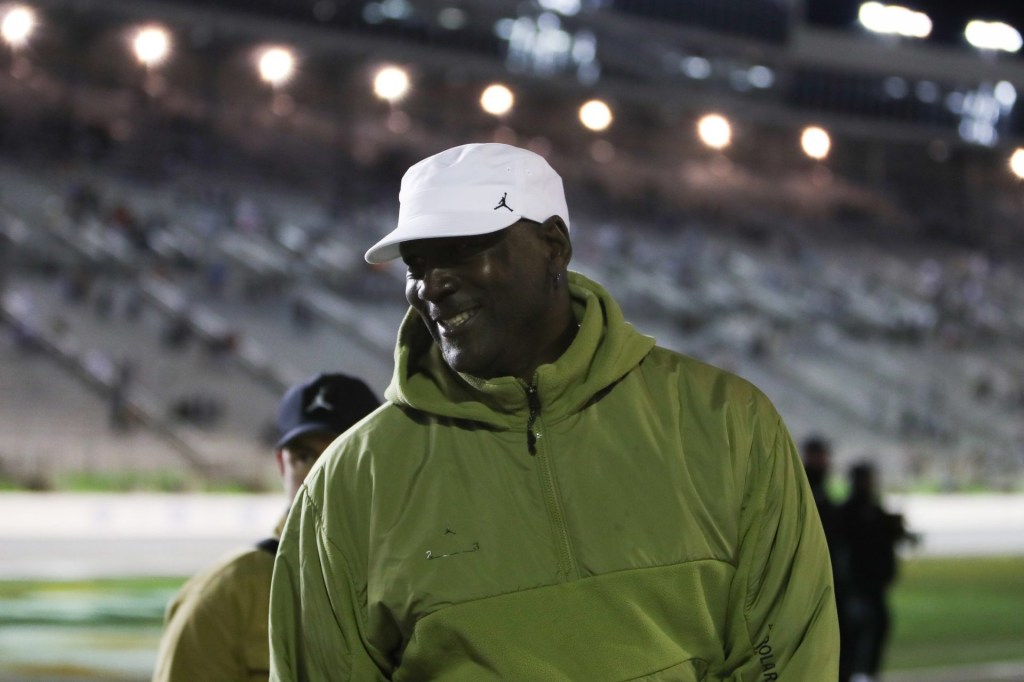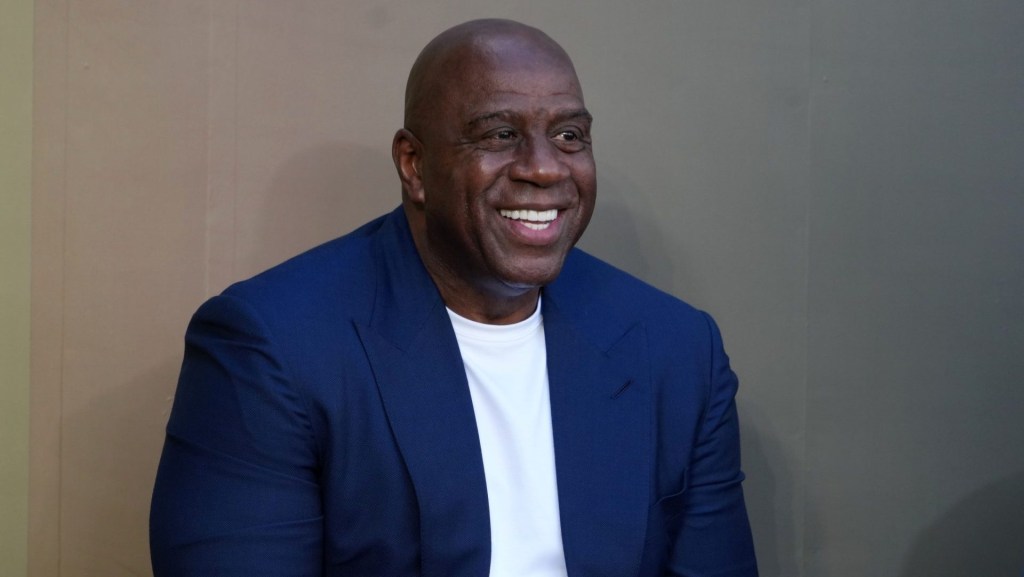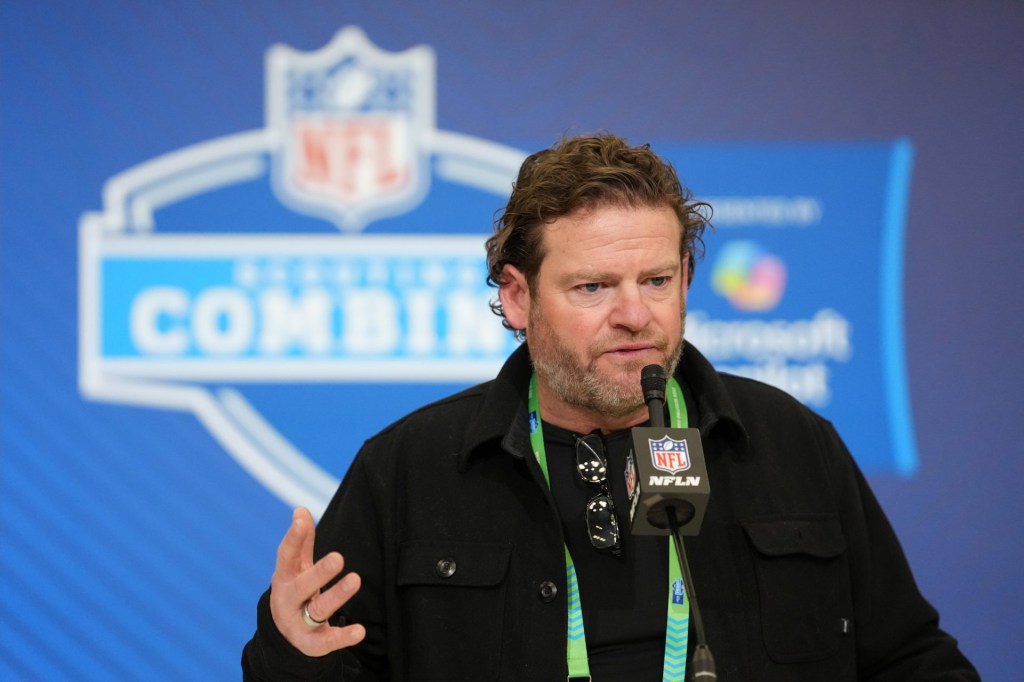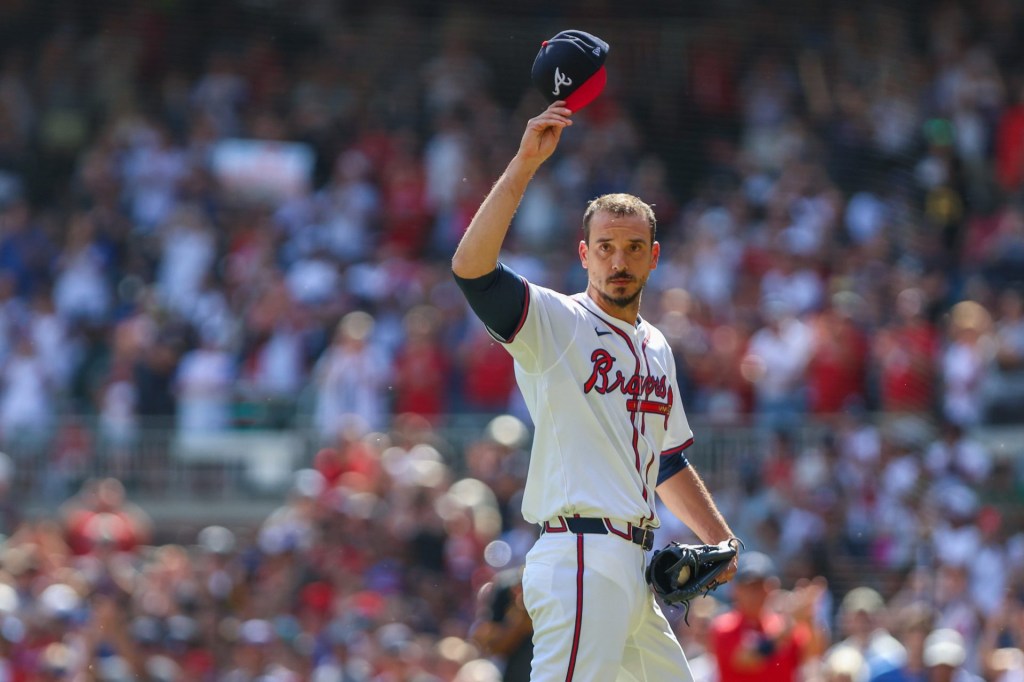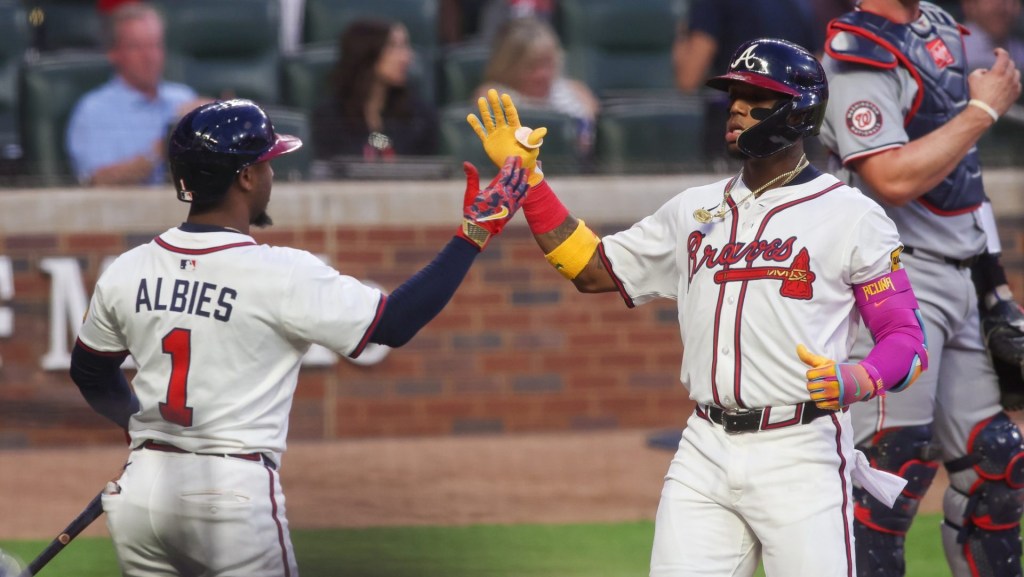Two days after the Lakers successfully rescinded their trade with the Hornets because Mark Williams failed a physical, the Hornets are seeing what they can do about it.
The Hornets have called the league office about challenging the rescinded trade or seeking alternative options, ESPN reported Monday night.
The deal, struck shortly before last Thursday’s trade deadline, would have sent Dalton Knecht, Cam Reddish, and two picks to Charlotte in exchange for Williams.
Because the trade was called off Saturday, two days past the trade deadline, the deal was unable to be reworked.
“There isn’t a precedent,” Bobby Marks, a former NBA assistant GM and front office insider for ESPN, tells Front Office Sports. “There’s trades that have not worked out. There are trades that have been amended because there was time. There are players who fail physicals in free agency and sign elsewhere.”
Rescinded trades are rare; appealing after is what’s unheard of. In February 2009, the Oklahoma City Thunder rescinded a trade with the New Orleans Hornets over Tyson Chandler after deciding his previously injured left big toe posed too big of a risk of re-injury. Chandler was sent back to the Hornets and was traded a few months later. Before that, in 1995 the Rockets rescinded their trade for Sean Elliott after Elliott’s physical revealed kidney problems.
Luka Dončić, the superstar Los Angeles acquired in a shock trade for Anthony Davis days before, had “handpicked” Williams as a trade target, according to Lakers reporter Dave McMenamin.
In the five days leading up to the deadline, Williams appeared in all three of the Hornets’ games, logging 31, 32, and 25 minutes in those games. But he has played in just 40% of Charlotte’s games through his first two and a half NBA seasons due to various injuries, including his back and knees. The Mavericks acquired Davis while he was battling an abdominal strain, but Dallas passed his physical.
The Hornets’ options for challenging the deal are limited. They could file a grievance, but given the failed physical is why the deal fell through, it likely won’t go far, according to Marks. There isn’t an arbitration process or an independent doctor to examine Williams and possibly declare him healthy. In 2017, the Cavaliers sought further compensation from Boston after trading Kyrie Irving for Isaiah Thomas after Thomas underwent his physical. The Cavaliers wound up with an additional second-round pick eight days after the trade.
But that trade was in the offseason and not up against the deadline. A Hornets spokesperson did not immediately respond to a request for comment on the prospective trade challenge.
The NBA isn’t investigating the Lakers’ decision, which hurts the Hornets’ case. Another possible factor? The Lakers’ package for Williams, which included most of their remaining tradeable assets.
“It’s a gray area,” Marks said. “It’s at the discretion of your team doctors. If they do a physical and nothing checked out I’m sure the Hornets would have a leg to stand on. And I’m sure the league will ask for the medical records to see what they failed him on. The biggest concerns that teams would have is how do you fail a player on a physical when the player is playing.
“You would have a better case of failing Anthony Davis on his physical than Mark Williams,” Marks speculated. “The package they gave up [for Williams] was extremely rich. Did they fail him based on how much they gave up in the deal? That’s a good question.”
Teams regularly consult their doctors on personnel decisions. When Amar’e Stoudemire left the Suns for the Knicks in 2010 over an $100 million contract, Phoenix didn’t counter because team doctors were doubtful the 6-foot-10 center’s knees would hold up over the length of a deal.
“Our best estimate was that we thought Amar’e had two or three really good years left in him,” then-Suns GM Steve Kerr said in 2011. (The Phoenix doctors were proven correct, as Stoudemire was excellent for a year in New York before his body began to break down.)
“The Lakers are looking at what he has left on his contract and to sign him to an extension and the doctors [could be] saying you’re only going to get two good years out of him,” Marks surmised.
Marks said he expects the failed Williams trade to spur a bigger discussion in the league. When the board of governors meets later this spring, he expects the handling of player physicals to be talked about to see if this situation can avoid being repeated.
The Hornets released a statement on Saturday welcoming Williams back to the team, and omitting the Lakers name throughout it.
“After the other team aggressively pursued Mark, we made the difficult decision to move him,” part of the statement said. “We have always held great respect for Mark’s talent, work ethic, and character. We are thrilled to see him rejoin our roster as a dynamic presence at the starting center position.”
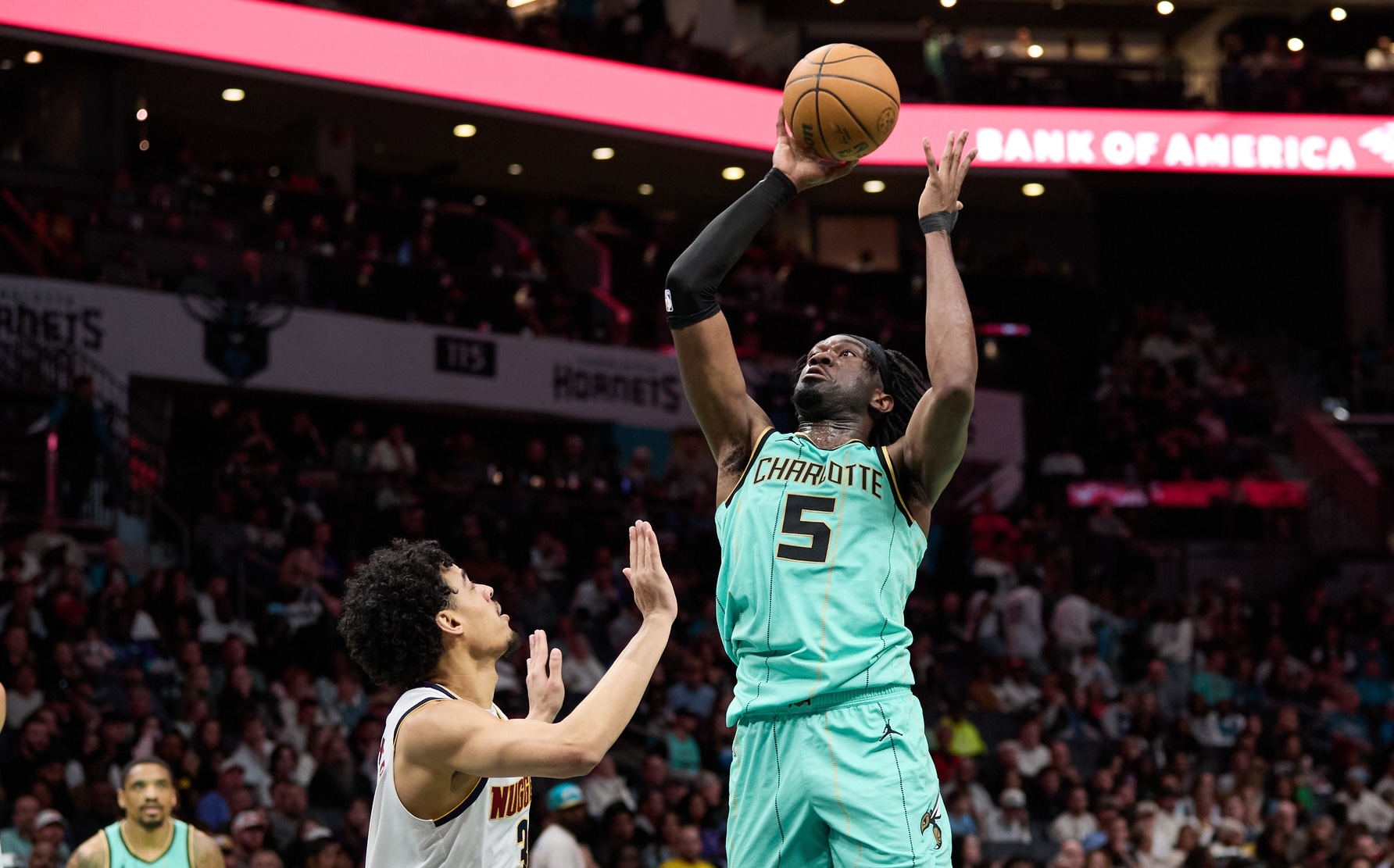






![[Subscription Customers Only] Jun 15, 2025; Seattle, Washington, USA; Botafogo owner John Textor inside the stadium before the match during a group stage match of the 2025 FIFA Club World Cup at Lumen Field.](https://frontofficesports.com/wp-content/uploads/2026/02/USATSI_26465842_168416386_lowres-scaled.jpg?quality=100&w=1024)
![[Subscription Customers Only] Jul 13, 2025; East Rutherford, New Jersey, USA; Chelsea FC midfielder Cole Palmer (10) celebrates winning the final of the 2025 FIFA Club World Cup at MetLife Stadium](https://frontofficesports.com/wp-content/uploads/2026/02/USATSI_26636703-scaled-e1770932227605.jpg?quality=100&w=1024)
